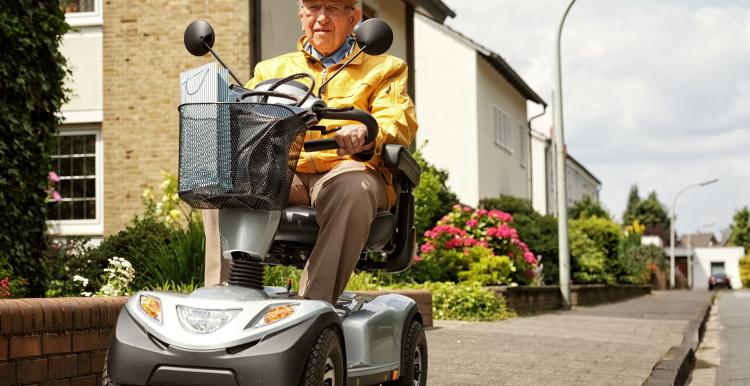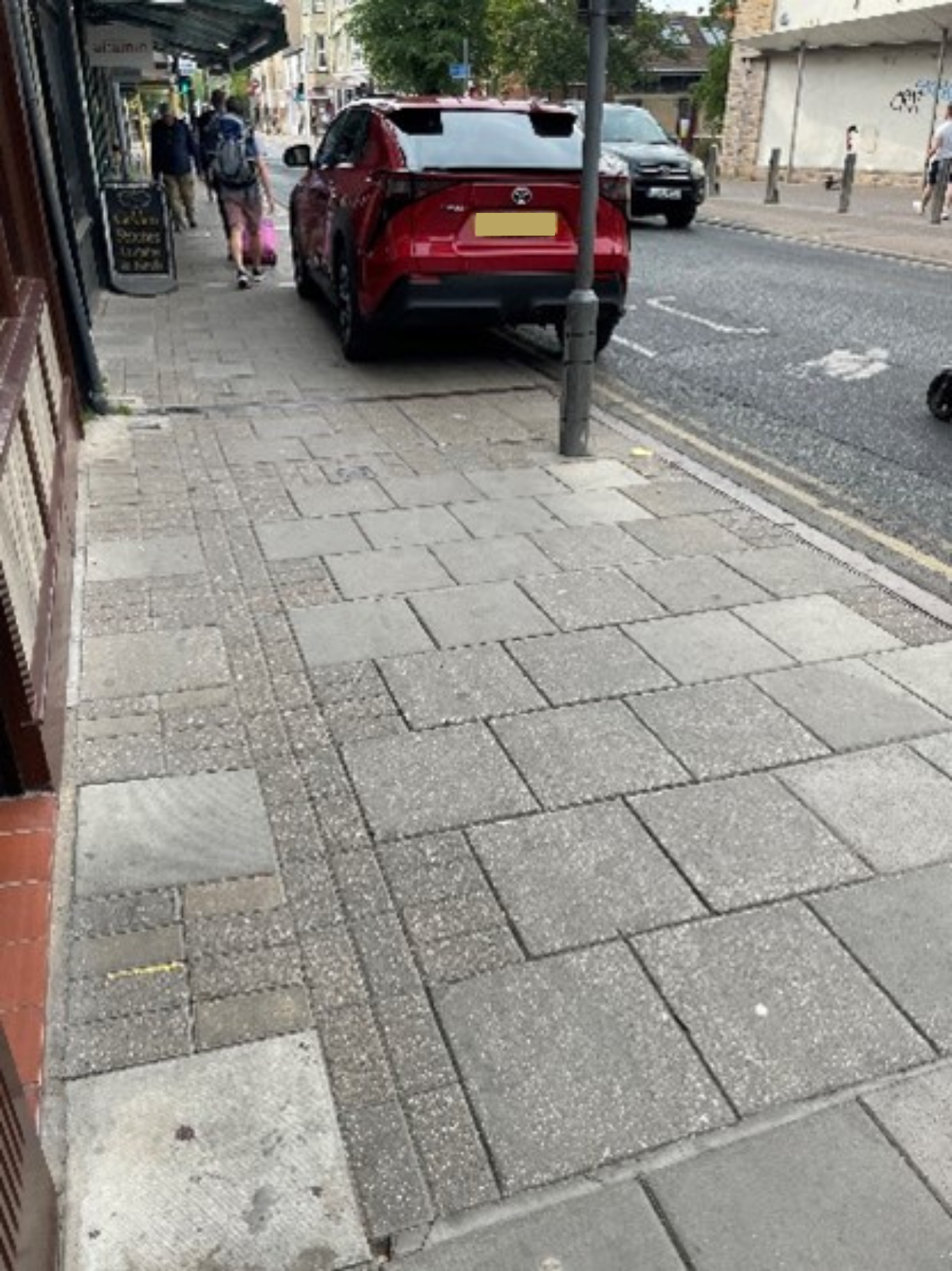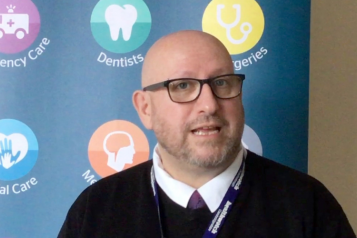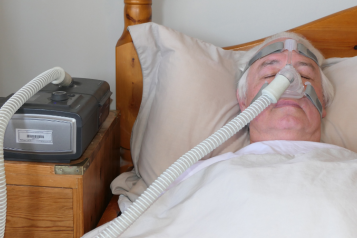Partnership Boards help get voices heard on barriers to travel

At Healthwatch, we emphasise the importance that the voices of people with lived experience have when looking at how to improve services. A key part of our role is listening to people’s experiences of health and social care.
Our Healthwatch has been commissioned by both Cambridgeshire County and Peterborough City Council’s to facilitate the Partnership Boards. These meetings bring together:
- People of lived experience
- Voluntary, Community, and Social Enterprises
- Health and Social Care
The Partnership Boards talk about health and social care, inform strategy development, get involved in the tender process for commissioning new services, and give feedback on existing services.
But they also cover many more than health and social care, most of which are about how we get from A to B; from home to work, volunteering activities, clubs or groups events.
In 2020, the Partnership Boards held workshops which looked into walking, cycling, community transport, buses, trains, taxis, and cars. We published a report called ‘Keep on Moving':
Since then, the Sensory Impairment Partnership Board has regularly met with Voi https://www.voi.com/ (the company that is operating the e-scooter pilot project in Cambridge) and has met with Starship https://www.starship.xyz/ (the company that is piloting the small robots that take deliveries from shops to people’s homes).
Early in June 2023, Mayor Dr Nik Johnson (Combined Authority of Cambridgeshire and Peterborough) invited me to a round table discussion titled ‘Making public transport, walking and cycling routes accessible for all’.
I was asked to give a presentation to Active Travel England, https://www.gov.uk/government/organisations/active-travel-england (the government's executive agency responsible for making walking, wheeling and cycling the preferred choice for everyone to get around) when they visited Peterborough.
In addition, I was invited by Anglia Ruskin University to present to them about improving physical activity in people with Sight Loss.

Café outdoor tables and chairs
Outdoor seating needs to be clearly marked; the barriers need to be substantial. This will allow people who are visually impaired to identify the barrier. If there isn’t a barrier, guide dogs will try to guide their person through seats and tables. If there is a barrier, white cane users will detect the barrier, and if there isn’t, they will just walk into people who are socialising there.

Pavements and roads
Drivers often block pavements by partially parking their car on them – this picture shows an illegally parked car, part on pavement, part on road, stopped on double yellow lines. There are cycle racks just beyond the car, so there isn’t much space for someone walking with a guide dog, or a wheelchair user, or someone supporting a less mobile elderly relative to continue their walk.
People have told us about pavements with broken slabs or holes, making it difficult for wheelchair users or people with mobility disabilities to get about easily.
We are told about roads that have potholes. Whilst these are a challenge for car drivers, they also create difficulties for people crossing the road.
People also tell us about their fears when they are using what is called ‘shared space’ - where cyclists and pedestrians can use the same stretch of path. Deaf pedestrians may not hear cyclists behind them, and Blind pedestrians won’t see cyclists in front of them.
The outcome
We can’t change the world in one day, but by getting the voices of people with lived experience heard, we can take important steps to bring about improvements.
That’s why being heard by the Mayor of the Combined Authority and Active Travel England were major events.
I mentioned earlier about Voi and the e-scooter pilot project in Cambridge. Members of our Sensory Impairment Partnership Board have been active participants the Voi’s stakeholder group, giving feedback to improve their service, and to make changes that will make the experience of e-scooters positive for all, including those using the e-scooters, and those using the pavements and roads.
Voi has developed an app containing information that people who use their e-scooters must read, including what red/white striped canes mean, and how to move around guide dogs, etc.
Voi has used geofenced parking which has meant that scooters can be left all over the pavement. Following feedback in the stakeholder group, Voi is introducing parking infrastructure that will keep e-scooters more secure and out of people’s way.
As part of the stakeholder holder group, we also met with Cambridgeshire Police and talked with them about how important it is for them to act on the illegal use of e-scooters (it is legal to purchase them, but not to use them on the public highway, i.e. pavements and roads).
So, although we recognise that the response that our Partnerships Boards want to see may take some time to implement due to the processes involved, we have begun to put the foundations in place to achieve these aims by sharing their messages with those who can make and change policy.


